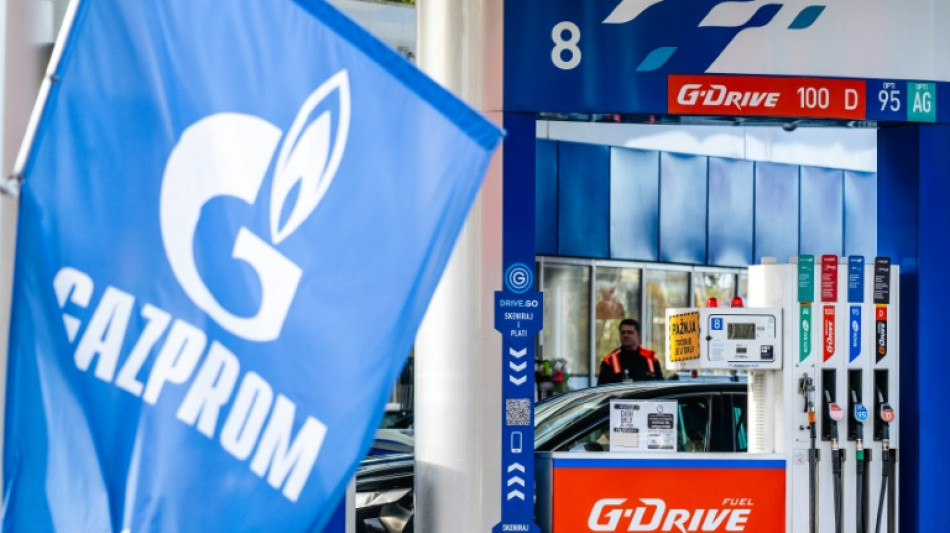

Hungary boosts oil shipments to Serbia as energy crisis looms
Hungary will deliver more oil products to Serbia, its foreign minister said Wednesday, ahead of a shutdown of the Balkan nation's oil refinery, under US sanctions due to its majority-Russian ownership.
Speaking in a visit to Belgrade, Peter Szijjarto said the Hungarian energy giant MOL had more than doubled oil exports since November with further increases possible, to help fill energy demand caused by the expected closure of the refinery.
"Serbia can always count on Hungary to secure its energy needs. We will never leave you on your own," he said after meeting his Serbian counterpart.
Since October 9, Belgrade has been scrambling to avert a winter energy crisis after the long-delayed sanctions took effect as part of Washington's crackdown on Russian energy over the 2022 invasion of Ukraine.
The Petroleum Industry of Serbia (NIS), which operates Serbia's only oil refinery, said Tuesday that without further supplies its Pancevo plant would face a complete shutdown before the end of the week.
Serbian president Aleksandar Vucic earlier said that NIS had stockpiled enough fuel to last until the end of the year, with additional reserves held by the government.
He gave the Russian stakeholders and a potential buyer — including bidders from Hungary and the United Arab Emirates — 50 days to reach a deal, to meet the US demand for Russia to exit the company's ownership.
Serbian officials also flagged a proposed budget measure that would allow the country to take ownership of NIS if needed.
Last week, NIS requested a temporary waiver from US sanctions while talks continued, but Washington has yet to respond.
Vucic warned that prolonged sanctions could trigger secondary measures, potentially targeting the central bank if it continues transactions with NIS.
Since the sanctions were imposed, global Mastercard and Visa cards have been blocked at NIS petrol stations, while cash and domestic Dina card payments — backed by the central bank — still work.
After Vucic's comments, the National Bank of Serbia said it would cease working with NIS if no deal is reached within the 50-day deadline.
Serbia sold a controlling stake in NIS to Russia's Gazprom and Gazprom Neft for 400 million euros in 2008.
As negotiations drag on, officials have increasingly flagged a possible state takeover, despite previously rejecting the option due to Serbia's close ties to Moscow.
W.Baert --JdB



